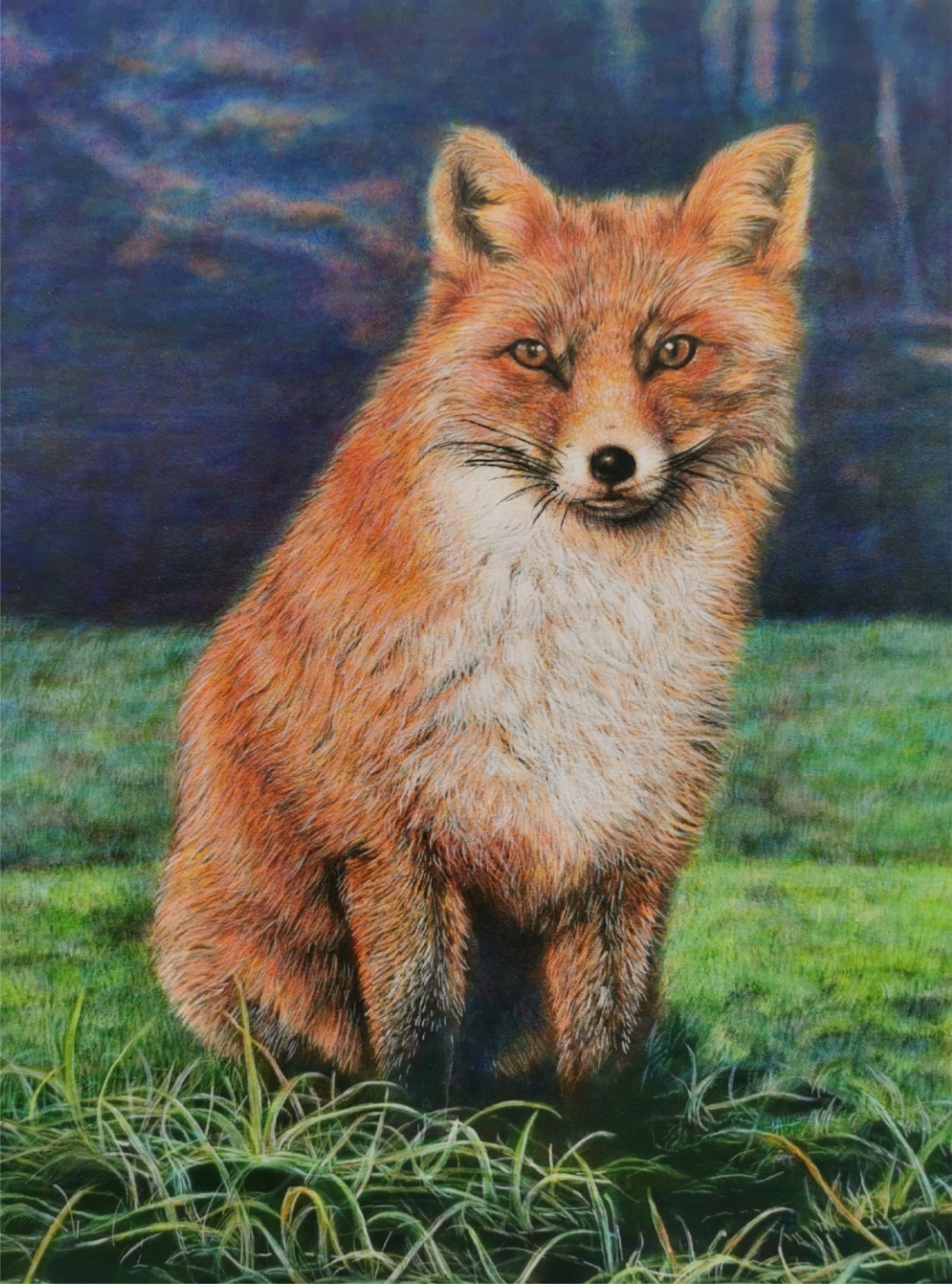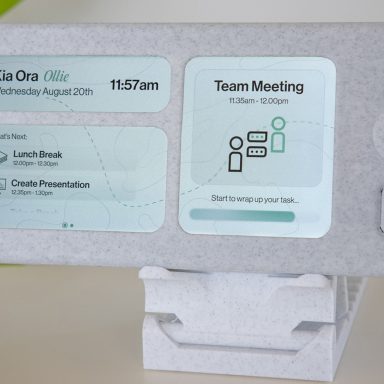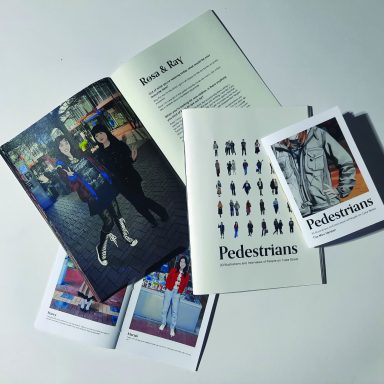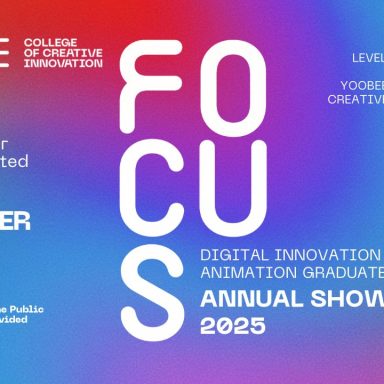2021 Hot New Things: Felix Ye, Unitec
Each summer DA profiles a selection of the top design graduates coming out of our tertiary institutions. We welcome these talented emerging professionals to our industry, learn about their passions, final projects, developing creative confidence and ambitions for the future.
Today we speak with Felix Ye from Unitec

Was there someone (or something) that inspired you to pick design as a career path?
I was born in a traditional Asian family, which wants me to be something particular like an engineer, lawyer or doctor. But this was not what I want. Since I was a child, I always love drawing and problem-solving. After coming to New Zealand, there was a course which design practice in my foundation degree. At first, I was a bit not sure if I was interested or not.
The first project of the course was to design a poster of me. With the brief, I had been thinking about how to present myself in a poster. I was so excited about it and could not stop sketching ideas. Then I have come up with a great number of ideas on the poster, from college, digital to hand drawing illustration. And I did not realise I could enjoy the process so much. I had never felt I could be so passionate about design.
It was the first time I was sure to chase my dream to pick design as a career path.
Can you tell us what your graduation project focused on?
My graduation project is to establish a mobile app that helps people to organise and curate outfits in the user’s wardrobe. By allowing the user to prioritise and reevaluate their items, my aim is to mitigate overconsumption and help consumers make considered decisions. Users can better distinguish items that they want and need, reducing demand on fast fashion and informing ethical consumer behaviours.
What were some of your most exciting or unexpected discoveries to come out of your project?
My graduation project came from one experience that I tried to clean up my wardrobe and I realised there were so many idle items. When I shared this experience with my family and friends, I found that many others faced a similar situation. In my progress, the more I talked to people, the more I felt my design work was connecting with others. That was so satisfying.
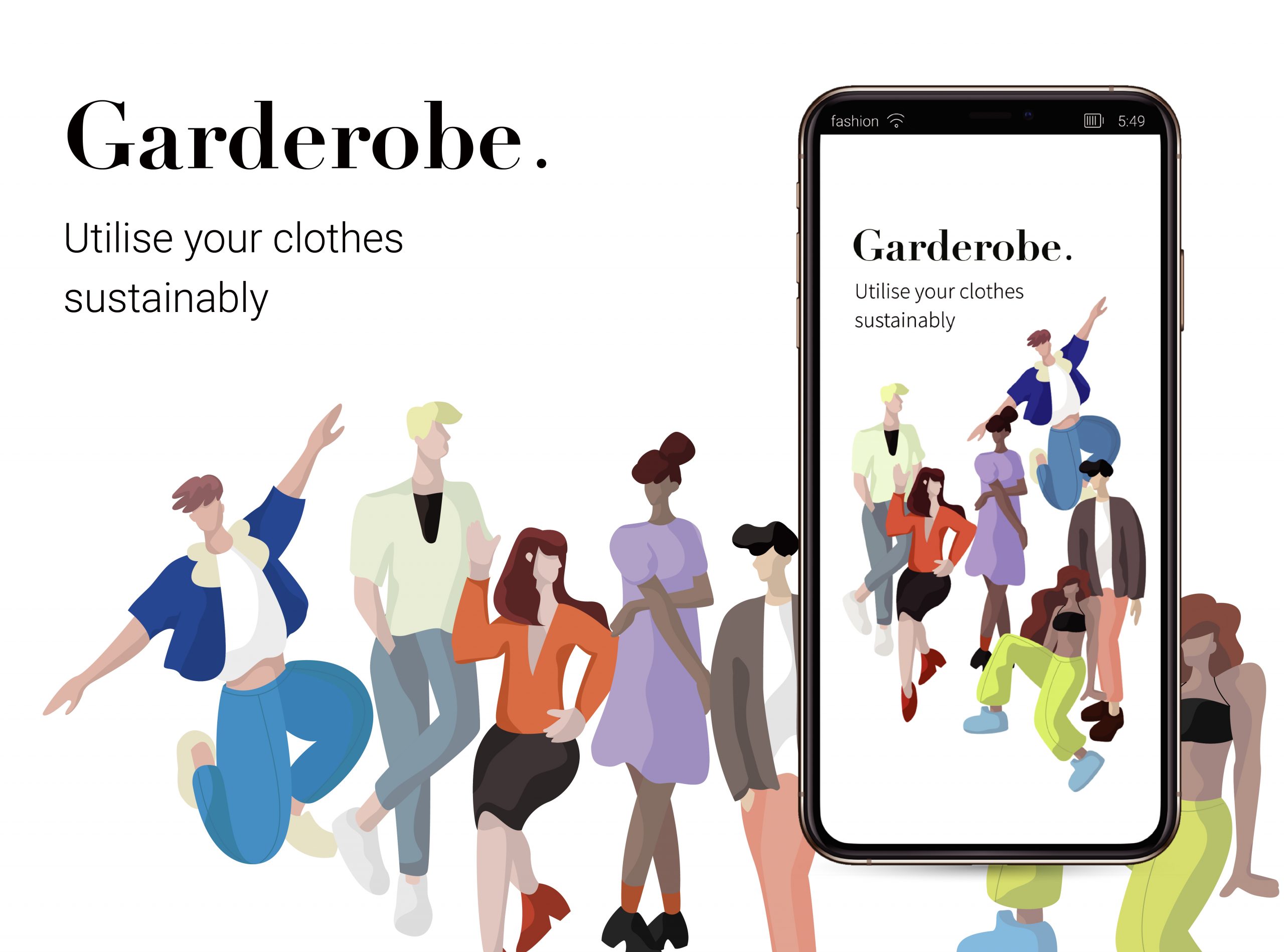
What did you enjoy most during your course at UNITEC?
The flexibility. Besides the core course, you can choose and study a large range of electives, such as illustration, graphic design, contemporary art..etc. You do not need to set a border of who you are an artist or designer. You can learn what you like and expand your horizontal.
What was your biggest challenge while studying and how did you overcome it?
English is not my first language. Sometimes I may not fully understand what people said to me. It caused misunderstanding too. Therefore, I kept asking questions to tutors and classmates. The more I asked, the more understood their ideas.

What’s the most valuable lesson you learned during your studies?
A design outcome is not about a particular item like a poster, a publication or a website. The important part is design thinking. With a deep and well-thought design thinking, it would lead the project to an incredible stage. The outcome itself could end up be a solution.

How has your ability and confidence progressed since the beginning of your studies?
The first day I came to Unitec. I did not know what I was going to be. And after a 3-year journey in BCE, I realised that I could do more than just visual designing. Besides, illustrator, Photoshop and Indesign, I had also learned wireframe prototype, 3D modelling and video editing. With the vast abilities, it made me feel confident in my work and opened up my career path in the creative industry.
What does your creative process look like?
I love using the diverging and converging technique in my practices. Garderobe app started from my experience of many idele clothes I found in my wardrobe. With the pain point, I then inquired people nearby. With their feedbacks, I could do research and search for different data. With enough amount of information, I could start sketching my concepts. It would a diverging stage.
Once I felt like getting stucks in concepts, I would try to select or combine some of the potential concepts. By converging those concepts, it could open up more directions, questions even opportunities. As mentioned above, then it was time to get more resources to develop the concept. Using skills like collaboration, research, diagrams, negotiation with users, I can then get better and refine the concept.
With the refined concept, I started sketching on low-fi wireframes, and test them with users. Till the end, it would be converging all the possibilities to the final prototype.
By using the diverging and converging technique, it helps me to refine and produce the outcome that is the answer to the problem.
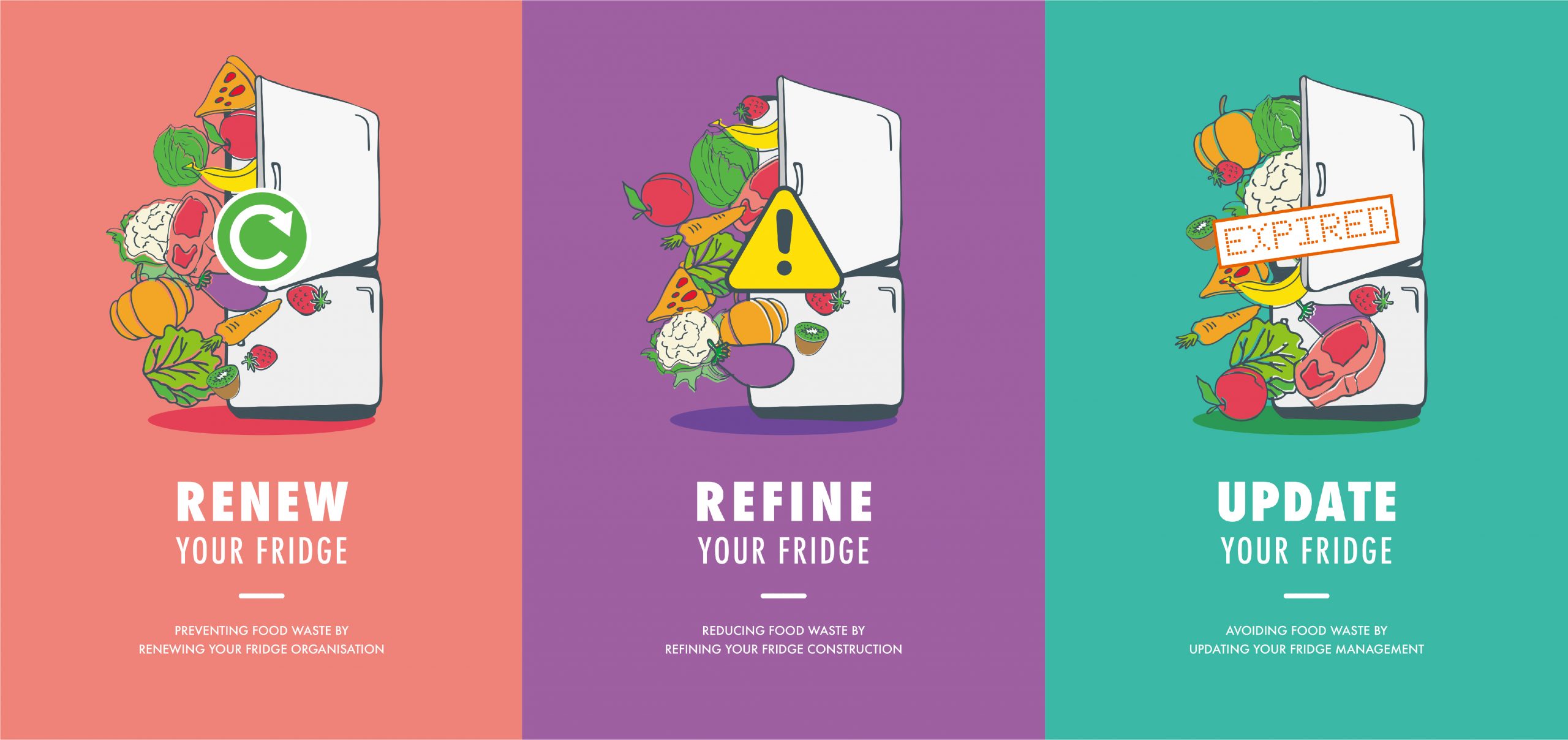
How do you see your work and practice developing, and what are your main aspirations?
As an upcoming UX / UI designer, my practices are mostly based on my experience. I am interested in finding problems around our lives. By applying skills like empathy map, shadowing, user journey, persona, low fi wireframes, prototyping etc., I could see myself the potential in interactive design.
In my portfolio, I have a campaign project that focuses on reducing food waste, a project that encouraging kids to practice the piano and a project to animating text message that cheers you and your friends up. From the review of my work, I feel like myself good at problem defining and solving.
But still, I do not set a border on myself to be a particular type of designer. To me, doing a design project is always a journey of exploration and I do not want to know what it will lead to.
Which piece in your portfolio are you most proud of and why?
My most proud of my work is the Garderobe app. It is the one I have to spend several months to develop it. Many people came to Gradshow and loved it. Also, the app was rewarded with the best interactive design.
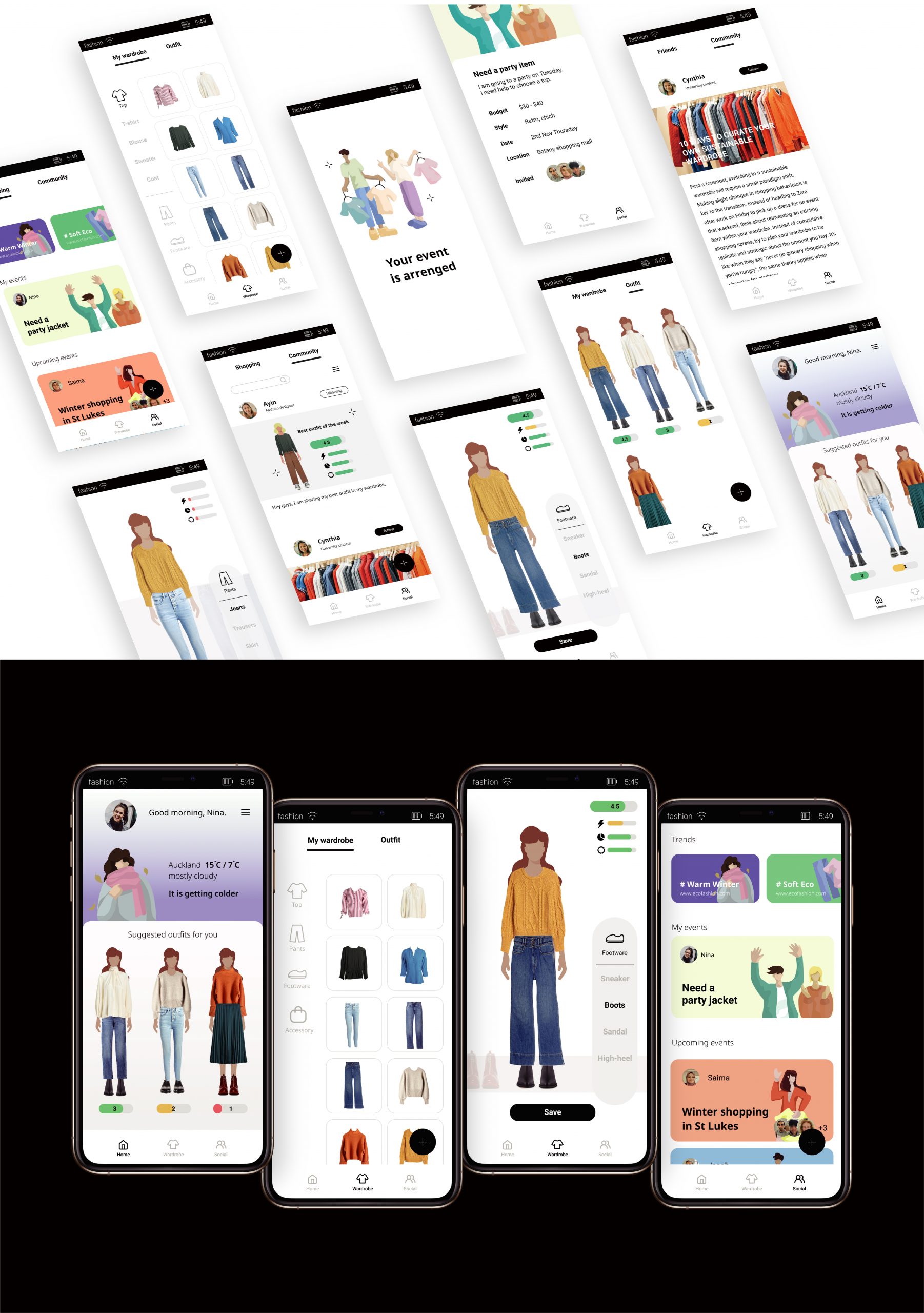
In what ways does your creative practice overlap with who you are outside of design?
Besides my design projects, I do like painting in my spare time. When I am doing painting, I feel so relaxing outside of the intense deadline. That really balanced on my life. At the same time, doing my paintings is my aesthetic exploration of colour, shape, and composition. It needs my eyes keeping in details, which reflects my design projects.
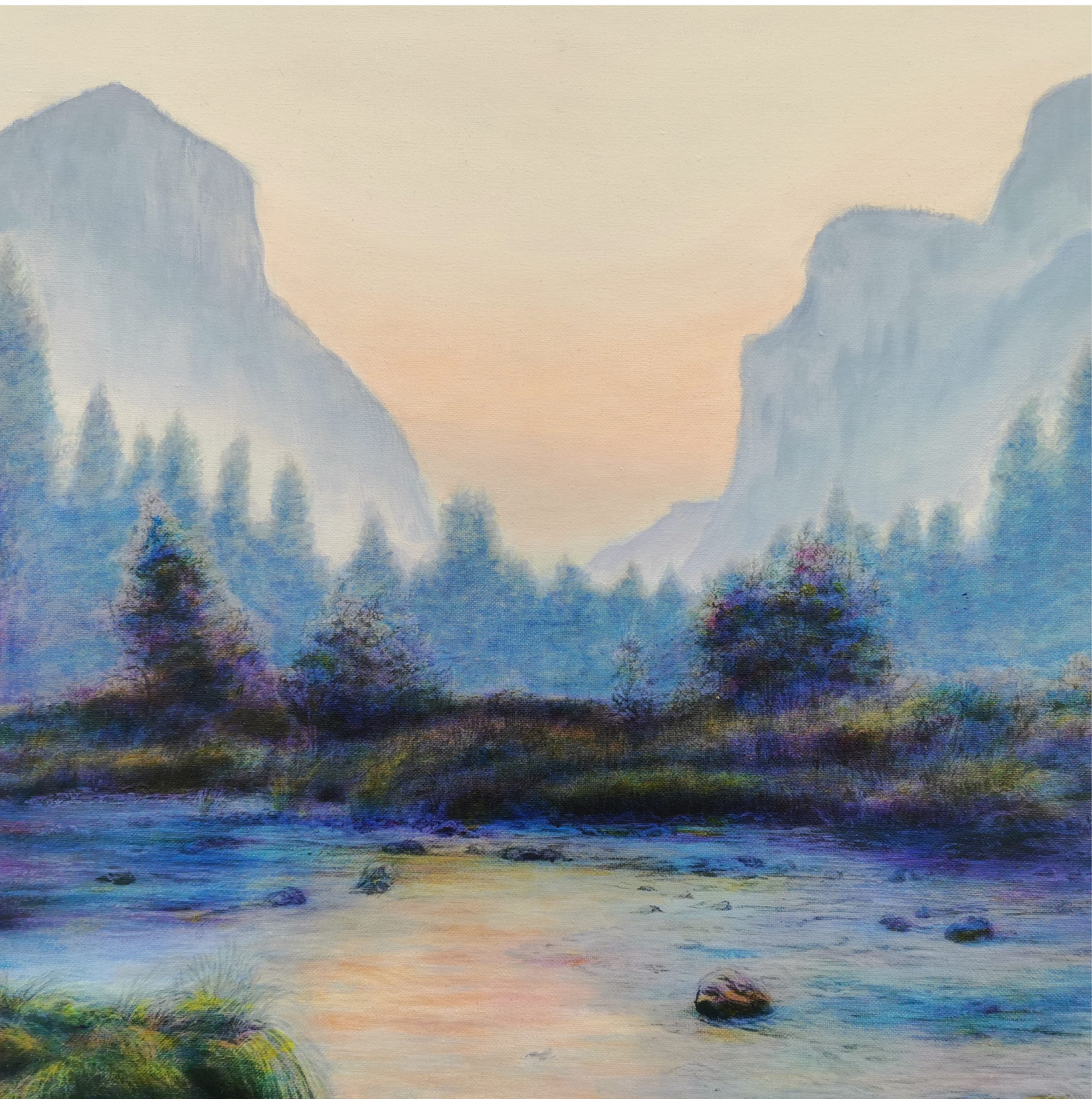
Why did you choose to study at UNITEC?
Haha, Can I say because of car parks? As I mentioned in question 4, I love how Unitec BCE programme is very flexible and give me so much time and space to find out what I am in the creative industry.
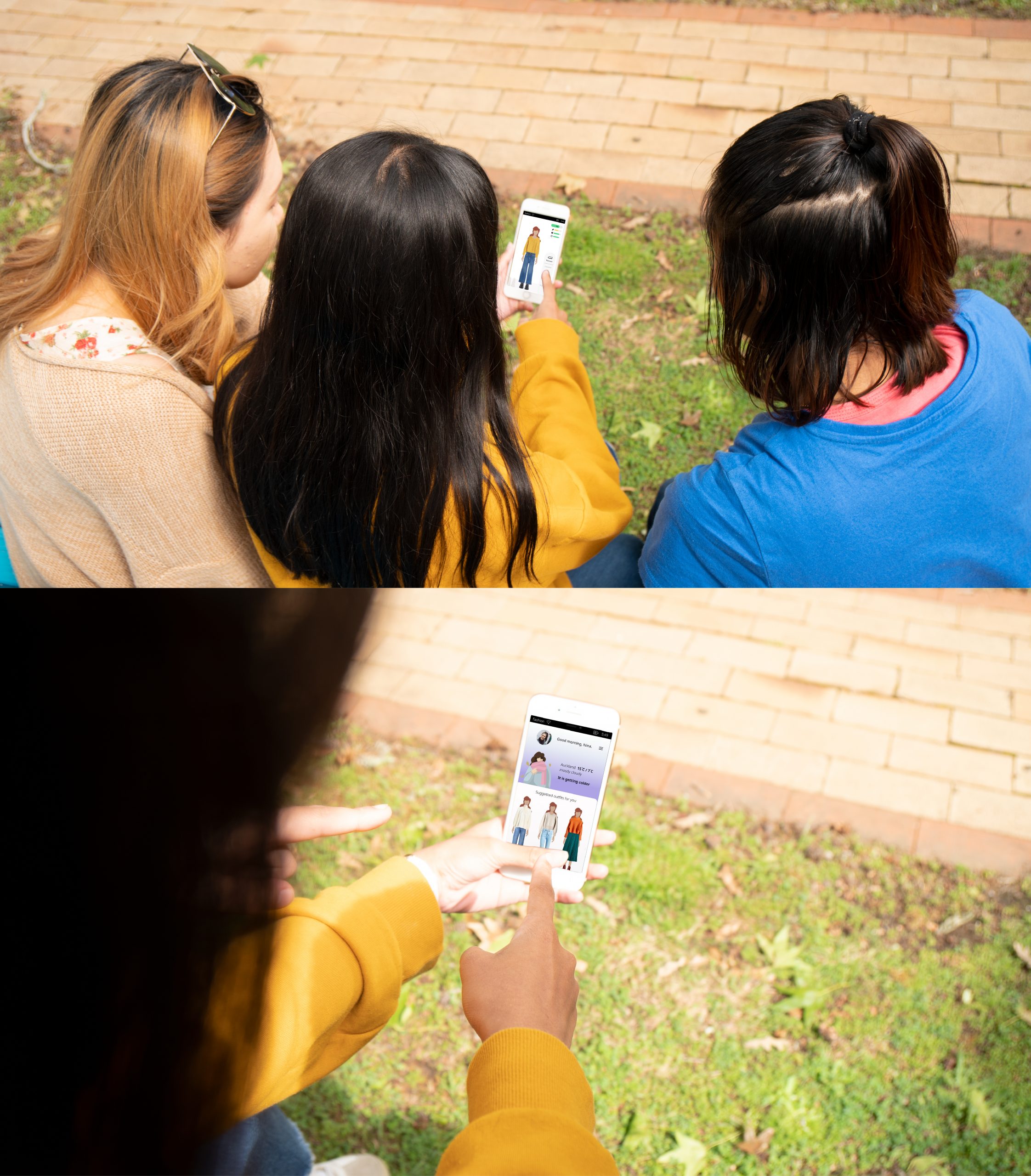
How are you feeling about the future?
Unfortunately, we are now suffering covid virus. This year is a hard time for everyone. So am I. I am a bit unsure about what I should do next. It seems that it is a bit not easy to enter the industry. And I definitely need the experience to form myself be a professional.
However, I do have a clear aim of being a UX / UI designer. I will keep my eyes on every opportunity and catch it up. Of course, staying optimistic is also important to my career.
What does your dream job look like?
My ideal job would be working with a brunch of professional designers in a studio. We all share ideas, support each other to complete projects and be proud of what we do.
How can people get in touch and see more of your work?
Design portfolio: felixye.myportfolio.com
Painting & Art: instagram.com/felicianoye
Email: felix.hakuei@gmail.com

